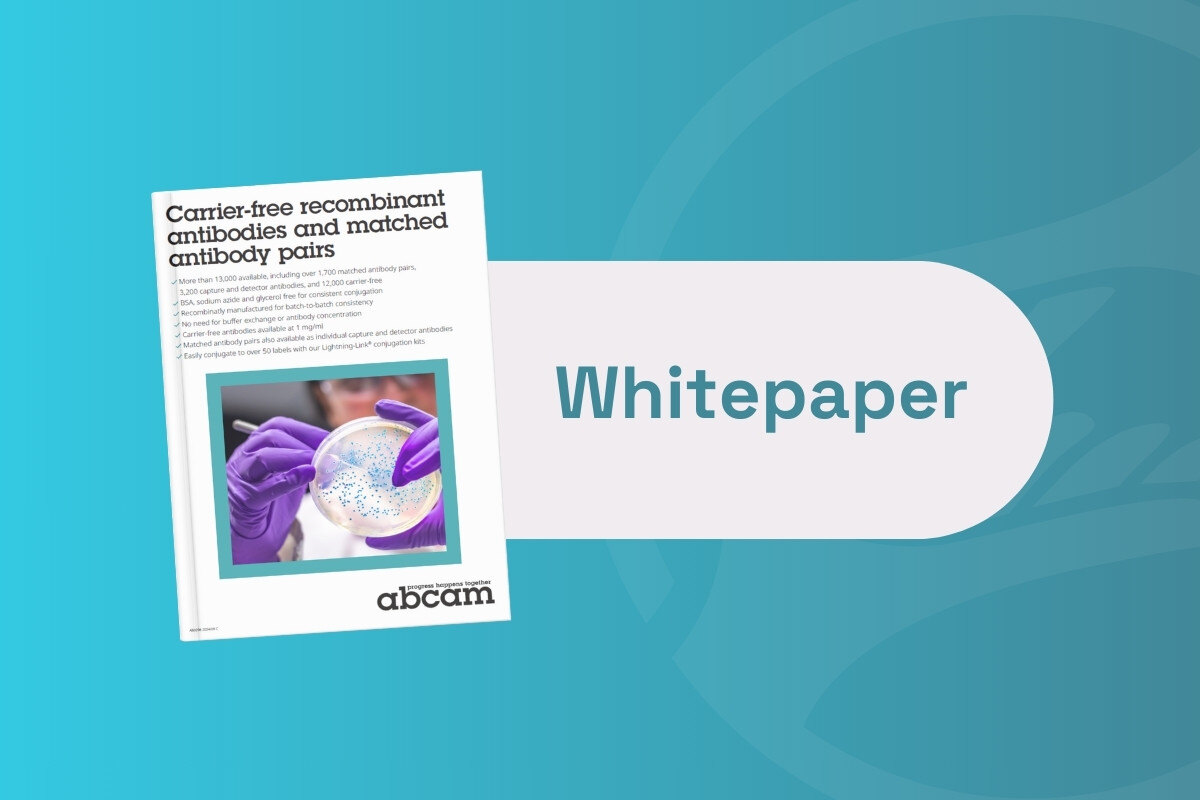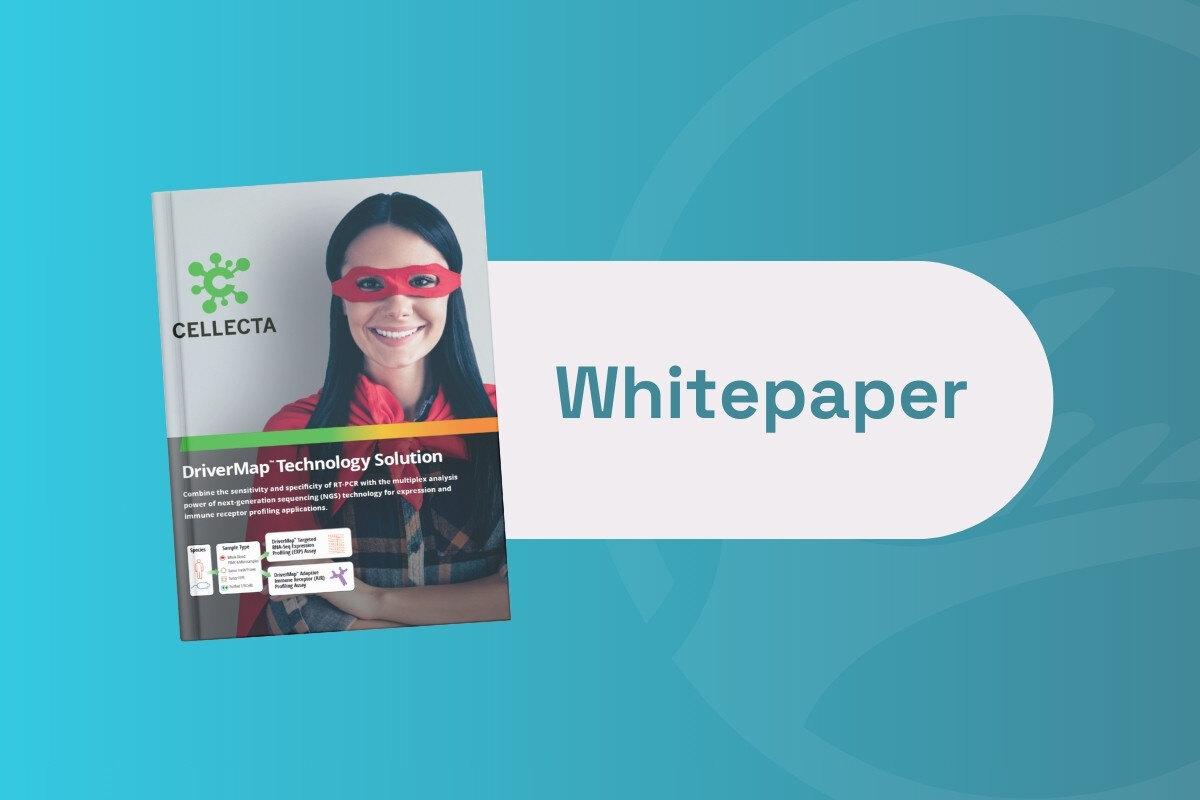Roadblocks to the Sharing of Large Multi-Omics Datasets

Advances in high-throughput biochemical assays have led the transition from single-omics experiments, focusing on just genomics, transcriptomics, metabolomics, or proteomics, to a multi-omic 'Copernican turn', incorporating two or more omics assays' data together.
A lot more can be understood about the human body and its functional mechanisms when considering multiple assay types simultaneously. However, the advent of multi-omics has meant that the amount of data from said experiments has ballooned in gigantic multi-omic datasets. Furthermore, the complexity of those datasets is not to be underestimated either: storage, quality control, FAIR compliance, and subsequent analysis can quickly become a challenge in these scenarios.
There are also various institutional, legal, and ethical barriers which can get in the way of open-access datasets; whose solution is less technical and more related to the architecture of the institutions involved in the data sharing process.
RELATED:
- Research Spotlight: Multi-Omics Data Harmonization for SARS-CoV-2 Virus and Drug Target Identification
- Spatial and Single Cell Transcriptomics Uncovers Mechanisms for Ischemic Stroke Recovery
- Post-Event Proceedings – NextGen Omics US 2023
Data Standards
This problem becomes especially apparent when sharing multi-omics data between teams of researchers. In order to be properly interpretable between teams of researchers, omics data needs to adhere to certain standards. According to Chervitz et al., these standards include: "experiment description standards, data exchange standards, terminology standards, and experiment execution standards."
There are currently no unified public access repositories for the storage of large multi-omics datasets which plays its role in the aforementioned lack of standardisation.
Storage of Sensitive Data
Although the open-access model is a laudable aim for multi-omics data, there are ethics and privacy considerations which must be observed when holding and sharing those data. Personal health records and genomics data are often integral to these data, and so, need to be handled with care.
Important though these considerations may be, their implementation is less of a technology problem, and more of a question of robust policymaking and enforcement. It requires careful planning of data sharing projects and proper legal and ethical consultation.
As with any public data storage, the security of these data must be ensured, but due to the sensitive nature of health information, extra assurance needs to be granted to patients before their data is shared. Protection protocols for security breaches need to be in place including encryption, access controls, and secure data transfer before any patient datasets are ready for sharing.
Strengthening Incentives for Data Sharing
An additional roadblock for the sharing of multi-omics datasets are the conflicting policies that differing institutions have towards open-access. Variability in data access and sharing policies across research institutions, funding agencies, and journals can hinder collaboration and data reuse. In this regard, upholding the principles of data sharing requires the promotion of transparency and collaboration to be successful. Luckily, multiple institutions exist to promote sharing and reuse, and the hope is that larger companies come on board to honour these attitudes.
Furthermore, aside from the benefit to other teams, and the overall scientific community, there isn't much incentive for researchers to share the data that they've toiled over. However, having proper accreditation mechanisms in place for exchanging multi-omics data can encourage researchers to share their data. If the use of a team's datasets leads to accreditation and citation, then that team can feel properly recognised for their contribution.
Multi-omics research offers immense potential for understanding complex biological systems, yet faces challenges in data sharing due to technical, ethical, and institutional hurdles. Overcoming these obstacles will require concerted efforts in establishing standardised protocols, robust privacy measures, and incentivising data sharing through accreditation mechanisms, paving the way for collaborative breakthroughs in biomedical research.







